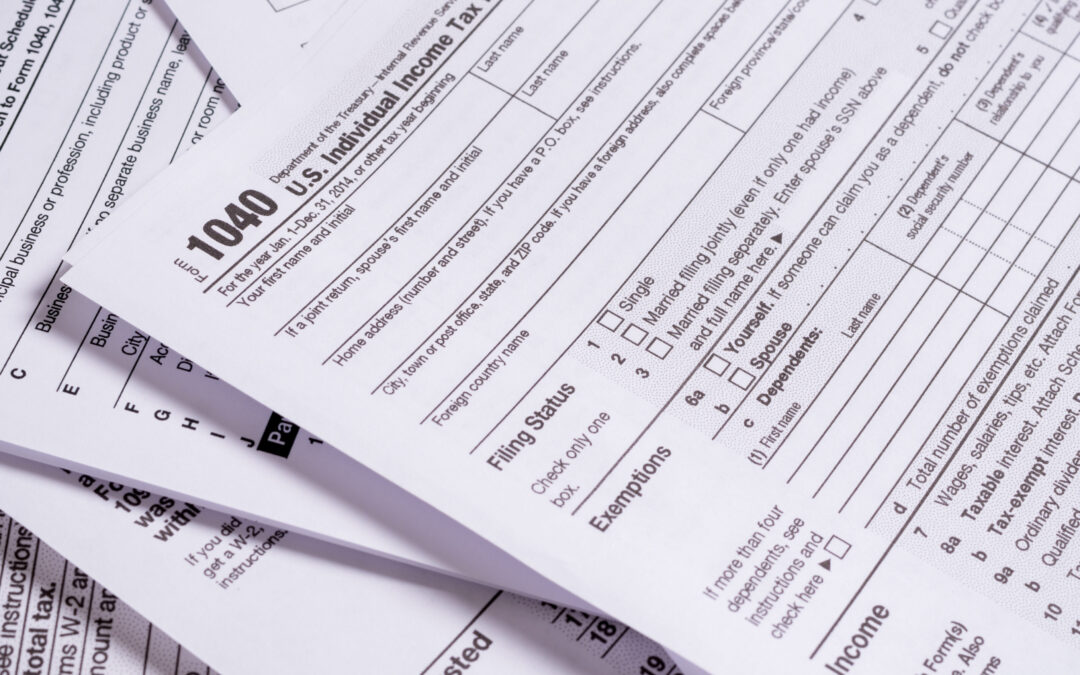Winning a sweepstakes can be exciting, but it’s essential to know how it affects your taxes. The IRS considers most prizes taxable income, meaning you may owe money even if you don’t receive cash as your prize. Learn about your responsibilities and how to stay prepared after a big win.
Are Sweepstakes Winnings Taxable?
Yes, sweepstakes winnings are taxable. Whether you win a cash prize, a vacation, or a brand-new car, the value of your winnings is considered income. You’re required to report it on your tax return, and it may push you into a higher tax bracket.
For non-cash prizes, the IRS taxes you on the fair market value of the item. For example, if you win a trip valued at $5,000, you’ll owe taxes based on that amount. Make sure you understand the total value of your prize before celebrating too much.
How Are Taxes on Winnings Calculated?
The taxes owed on your winnings depend on your total income for the year. Sweepstakes winnings are added to your other income sources, like wages or investments. This combined total determines your tax bracket and rate.
Federal tax rates range from 10% to 37%, depending on your income. State taxes may also apply, with rates varying widely depending on where you live. Some states, like Florida or Texas, don’t have state income tax, but others might take an additional cut of your prize.
Withholding Taxes
Many sweepstakes organizers are required to withhold 24% of the prize’s value for federal taxes. However, this might not cover everything you owe. If your overall tax rate is higher than 24%, you’ll need to pay the remaining amount when you file your return. Be prepared for this so you’re not caught off guard.
What Forms Will You Receive?
If you win a prize worth $600 or more, the sweepstakes sponsor will typically send you a Form 1099-MISC or Form 1099-NEC. This form reports the value of your winnings to both you and the IRS.
Double-check the information on the form, especially the fair market value of the prize. If the value seems inflated, contact the sponsor to ensure accuracy. Incorrect values can increase your tax liability unnecessarily.
Strategies for Managing Taxes on Prizes
Handling taxes on sweepstakes winnings doesn’t have to be overwhelming. Here are some tips to make it easier:
Set Money Aside
If you win a cash prize, set aside at least 30% for taxes. This ensures you’re covered for federal taxes and any additional state taxes. Opening a separate savings account for this purpose can help you avoid spending money you’ll need later.
Consult a Tax Professional
Tax laws can be confusing, especially when it comes to sweepstakes winnings. A tax professional can guide you through the process and ensure you meet all requirements. They can also help you identify any deductions or credits that might reduce your overall tax bill.
Make Estimated Tax Payments
If your winnings are substantial, consider making estimated tax payments throughout the year. This prevents underpayment penalties and spreads the cost over several months rather than a lump sum at tax time.
Understand Non-Cash Prizes
For non-cash prizes, you may need to sell the item to cover taxes. For instance, if you win a car but can’t afford the tax bill, selling the vehicle might be your best option. Keep this in mind before accepting a prize.
What Happens If You Don’t Report Winnings?
Failing to report sweepstakes winnings can lead to serious consequences. The IRS cross-references forms like the 1099-MISC, so they’ll know if you don’t include it in your income. Penalties can include fines, interest on unpaid taxes, and even audits. Stay on the safe side by reporting everything accurately.
Can You Deduct Expenses?
Unfortunately, the IRS doesn’t allow you to deduct the cost of entering sweepstakes, such as postage or entry fees, from your taxable winnings. However, if you incur costs associated with receiving or managing your prize—like travel expenses to pick up a non-cash prize—consult a tax professional to see if any of these might be deductible.
Planning for Future Winnings
If you regularly enter sweepstakes, consider how winnings might impact your finances. Keep these strategies in mind to stay ahead:
- Track All Entries: Keeping a record of your entries can help you stay organized if you win multiple prizes in a year.
- Understand Prize Terms: Before entering, read the rules carefully to understand the prize’s value and potential tax implications.
- Be Selective: Only enter sweepstakes with prizes you genuinely want or can afford to handle the taxes for.
Winning a sweepstakes is thrilling, but taxes can quickly dampen the excitement if you’re unprepared. By understanding your responsibilities and planning ahead, you can enjoy your prize without financial stress. Look into tax-saving strategies, set aside funds, and consult experts to make the most of your winnings.

